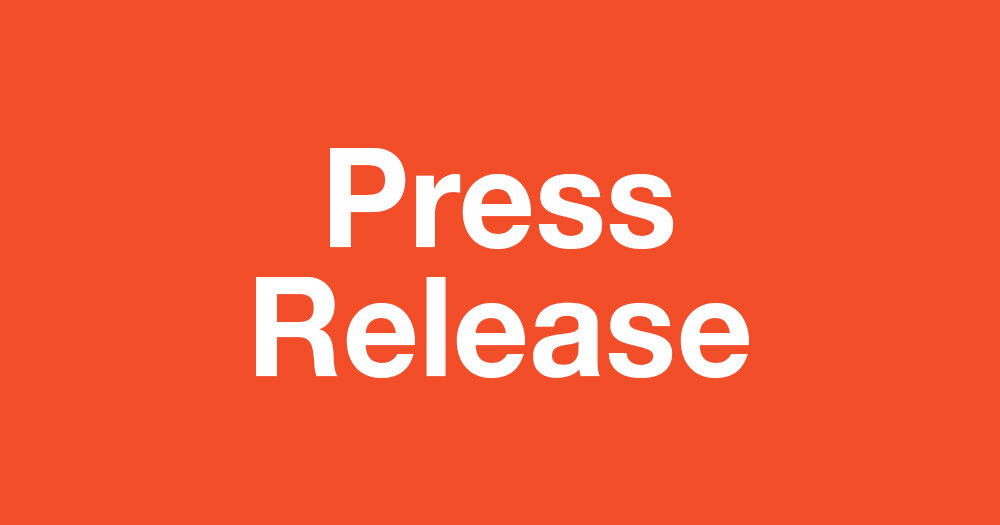As a new economic consensus emerges, lefty groups seek to put muscle behind it
via Washington Post
It’s hard to escape the sense that a new consensus is emerging among Democrats of all ideological stripes in Washington, moderates included, one that is finally getting out from under the long shadows of the post-Ronald Reagan neoliberal era.
Prompted by the massive crises of the moment and underscored by President Biden’s unexpectedly progressive approach, this consensus has moved beyond reflexive skittishness about deficit spending and prioritizes bold government action over centrist compromise as a goal unto itself.
As political scientist Stephen Skowronek recently told Michelle Goldberg: “The old Reagan formulas have lost their purchase, there is new urgency in the moment, and the president has an insurgent left at his back.”
A new coalition of progressive groups is now seeking to put some ideological muscle and durability into this ongoing shift: It’s rolling out a multifaceted campaign organized around the idea that large-scale public expenditures are crucial to securing our national future.
The campaign — which is called “ProsperUS” — is backed by a spectrum of organizations, from labor (Communications Workers of America) to progressive think tanks (Economic Policy Institute, Center for American Progress) to grass-roots organizers (Indivisible).
The campaign reflects a confluence of factors that have given momentum to this emerging consensus. The coronavirus crisis has exposed deep and long-running inequities and injustices in our economy with unusual moral clarity, and the misery it has unleashed makes a powerful case for large-scale government action.
“It’s fairly clear that folks at the highest levels, including in the Biden administration, are thinking of this as an opportunity to do things differently than we did last time,” said Lindsay Owens, the interim executive director of the Groundwork Collaborative, which is helping drive the new coalition. That’s a reference to the 2009 recession.
“There’s a bipartisan acknowledgment that the bigger risk is in doing too little rather than in doing too much,” Owens told me.
“The case for significant and enduring public investment could not be stronger as we respond to the twin emergencies of Covid-19 and the associated economic crisis,” Andrew O’Neill, an economic policy adviser with Indivisible, added.
The notion of an ongoing shift has been underscored by Biden’s early moves. Now that his $1.9 trillion economic rescue proposal has drawn a GOP offer of less than one-third its size, most signs are that Biden and Democrats will not chase Republicans down the rabbit hole of bad-faith compromise offers and are preparing to move forward on their own.
Republicans are pretend-complaining that this would betray Biden’s promise to seek unity. But White House chief of staff Ron Klain sent a key signal by tweeting out polling showing overwhelming public support for Biden’s relief program, adding: “This IS a bipartisan agenda.”
This suggests the White House and Democrats will not allow Republicans or split-the-difference “third way” centrists to define what counts as “bipartisanship,” instead insisting that it can reside in broad public consensus.
Notably, however, this new campaign does not take it for granted that Biden and congressional Democrats will continue to hew to what the public supports.
“We certainly aren’t counting our chickens before they hatch,” Owens told me, adding that if Biden does end up compromising down his agenda to achieve bipartisanship, the campaign will seek to hold him accountable.
What’s more, the campaign accepts that general public support for robust government action might not necessarily translate into specific policies down the line, such as the push for expanded paid leave, even if they are popular.
So the campaign will be budgeting for polling and paid TV ads on these matters, to ensure that public officials are kept apprised of what the public wants and held accountable to it.
Another potential problem is that the commitment of Biden and Democrats to robust government action could dissipate over time. The Congressional Budget Office just released a report concluding that economic growth will rebound more quickly than expected — but also that unemployment will not return to pre-pandemic lows for the rest of this decade.
The campaign wants to ensure that there is no sanguine retreat on the need for large public expenditures down the line.
“Our coalition’s goal is not to get back to the pre-pandemic economy,” Owens said. “We are definitely not stopping there.”
Instead, Owens said, the goal is a long-term economy built on “significant and sustained public investment,” which is “why all of these organizations are joining together.”
There’s no guarantee that Biden will genuinely push the country in a more socially democratic direction, of course. Still, as Skowronek told Goldberg, all the ingredients are there for a “pivot point” to a “new common sense.”
But sustained political organizing and action will be necessary to ensure that the opportunities of this moment are not lost.
Originally published by the Washington Post


